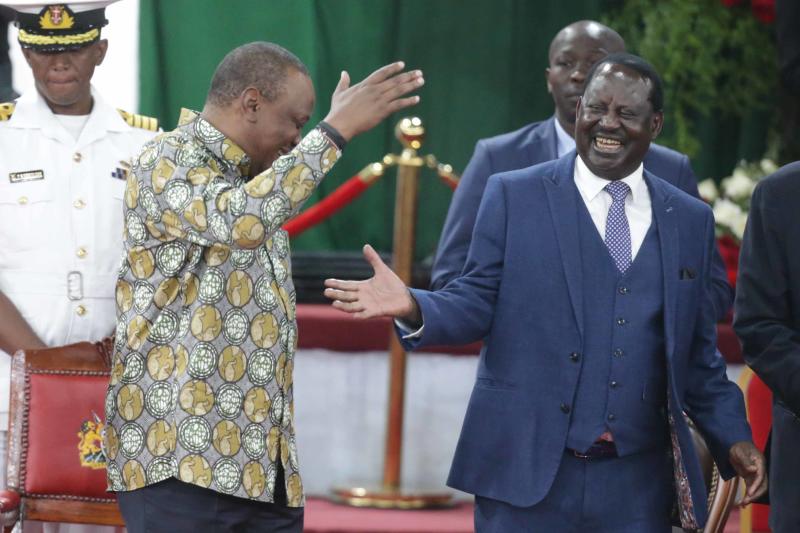×
The Standard e-Paper
Home To Bold Columnists

The restive Mt Kenya is burning. It is apprehensive. The Rift is waiting with open hands, either to receive the baby or throw it together with the bath water.
In the home of champions Uasin Gishu, its sons and daughters are uncertain on whether the baby is even welcome. In this confusion and optimism, a wind of change is swirling across the country, carrying with it irresistible reggae beats and a promise of a utopian New Kenya where all broken bridges will be mended and no more bloodshed in name of elections.